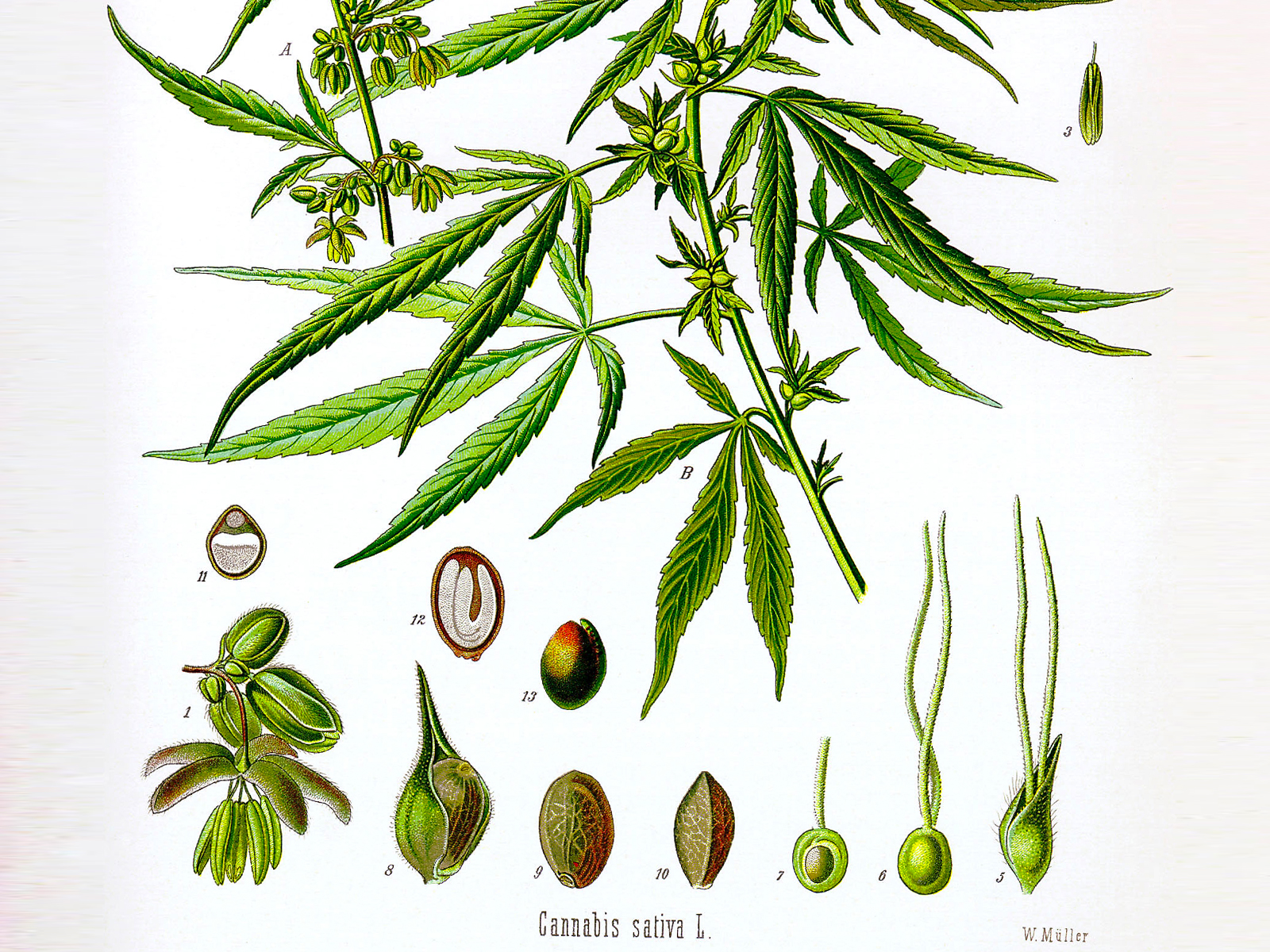
The history of cannabis use dates back at least 5,000 years and possiblydouble that.Where it grows naturally cannabis has many traditional medical uses beyond getting high. Much of that knowledge was lost during prohibition, but scientists, doctors and advocates are on a rediscovery roll. Small studies, research on animals and anecdotal evidence suggest cannabis might be able totreat two dozen conditions. Science focused organizations like Health Canada, Harvard University and the U.S. National Institute on Drug Abuse, are more conservative in their outlook on cannabis. But they still think there is strong enough evidence to acknowledge that the plant and its derivatives are a legitimate and effective therapy for several conditions including pain, inflammation and even cancer. In some diseases – like Parkinson’s and rare forms of epilepsy – it’s the only thing that brings relief.
As legalization spreads,accessing funding for research becomes easier. More insights are coming. For now, here are eight cannabis health benefits backed up by science.
1. Chronic Pain
The most common use of medical marijuana is for pain management, particularly chronic pain. When the National Academies of Sciences, Engineering and Medicine reviewed scientific studies on the benefits and adverse effects of cannabis they found the use of cannabis significantly reduced pain symptoms. Many doctors consider it a safer alternative to opiates. It effectively treats pain associated with multiple sclerosis, fibromyalgia, endometriosis, interstitial cystitis, arthritis and nerve issues. Cannabinoids, the compounds in marijuana that don’t cause a high, act on the same receptors in the brain that transmit sensations of pain.
2. Anti-nauseant
The same NASEM study found oral cannabinoids reduce chemotherapy-induced nausea and vomiting. The Canadian Cancer Foundation recommends cannabis as a viable treatment for dealing with the side effects of cancer treatments like chemo and radiation. By stopping nausea it also stimulates appetite. And not just in cancer. The same is true for HIV and AIDS patients. Cannabis helps them stay healthy by allowing them to consume needed calories.
3. Muscle relaxant
Almost every multiple sclerosis patient in one survey said cannabis lessened spasticity. Parkinson’s patients find similar relief of their muscle spasms and help with sleep from consuming cannabis. Researchers believe muscle spasms originate in an area of the brain with abundant cannabinoid receptors.
4. Mental health
Using cannabis to treat mental health issues is becoming a more common option. However, certain strains in large doses can cause anxiety, there is some evidence that heavy use in teenagers and young adults can lead to mental health issues, and cannabis complicates conditions like psychosis. But it’s also an effective treatment for preventing depression, treating anxiety and living with Post Traumatic Stress Disorder. Several U.S. states cover medical cannabis use for treating PTSD. Cannabis seems to impact areas of the brain that cause fear and anxiety.
5. Addiction
The idea that cannabis is a gateway to harder, more dangerous drugs was one of the big guns of the War on Drugs. Evidence suggests the opposite. Where medical cannabis is legal opioid prescriptions are lower. And states that allow recreational use see a corresponding drop in opioid-related deaths. The findings suggest access to cannabis diverts people from more dangerous and addictive alternatives. Cannabis is also effective at harm reduction, helping alcoholics and drug addicts kick their habit without gaining a new one.
6. Inflammatory and autoimmune diseases
Many of the medical benefits of cannabis relates to its ability to interact with two common receptor cells, CB1 and CB2. Both play a role in the immune system. Several studies show cannabis boosts immune function, helping to reduce inflammation throughout the body and suppress autoimmune diseases, like Crohn’s and Inflammatory Bowel Disease.
7. Cancer
The research is still young, but several studies show cannabis can help slow cancer cell growth and even kill some types. U.K. researchers used cannabis compounds to kill leukemia cells in patients. Another study found cannabis compounds can stop metastasis in some kinds of aggressive cancer. Even the American Cancer Association acknowledges cannabis holds promise when used in addition to traditional treatment regimes.
8. Epilepsy
The science is well established when it comes to reducing epilepsy related seizures with cannabis. In 2018 the U.S. Food and Drug Administration approved cannabidiol (CBD) as medicine for treating two rare forms of epilepsy after studies showed its effectiveness. In a study of children with a form of epilepsy that causes frequent seizures the use of CBD reduced the number of seizures in a month by half.
Did you like this article?
Sign up for our newsletter to make sure you're in the know about all of our new product releases, contests and more.





